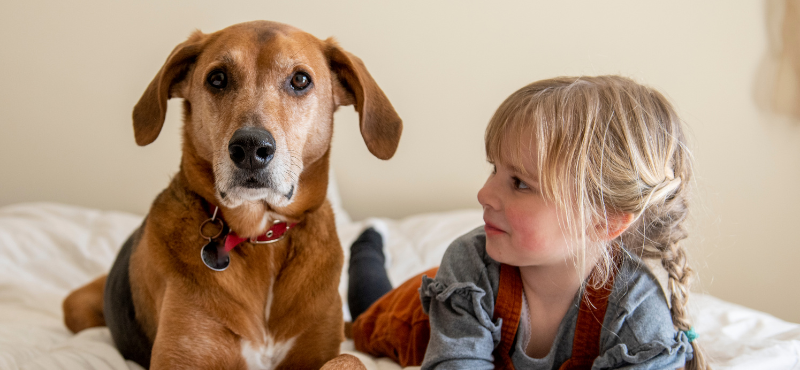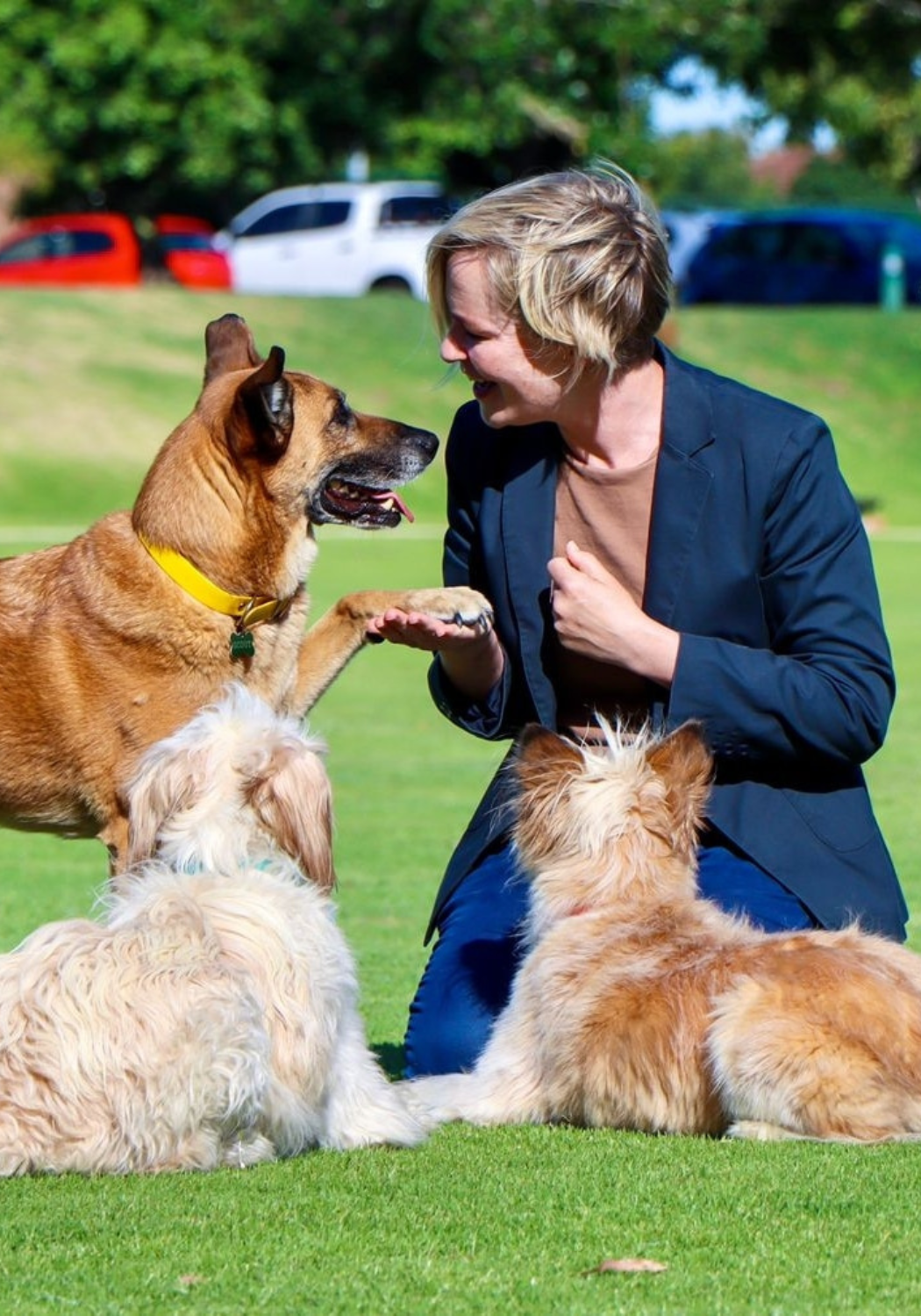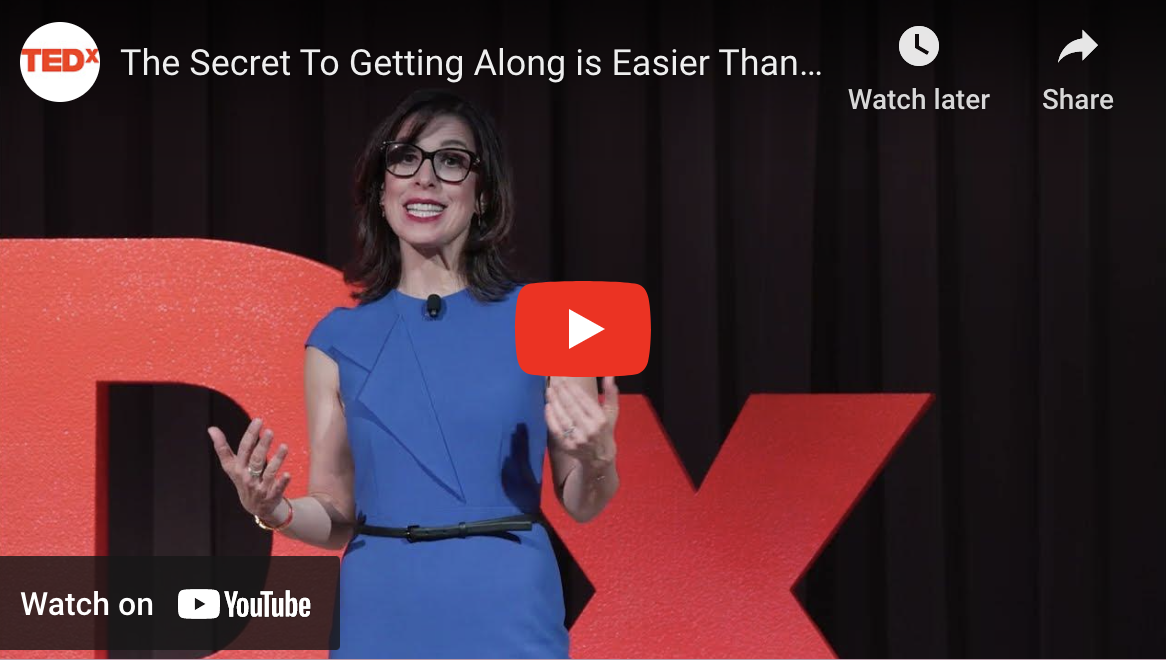What You Need to Consider About Dogs and Divorce

Pet custody is a complicated and delicate subject. It is a deeply personal choice, and talking about dogs and divorce not normally an easy one.
Imagine being in the situation where your relationship has ended, and on top of everything else you are faced with the reality of having to decide who your dog will live with or when you will see them, or not. If you are faced with this situation, or know someone who is, I hope this information is helpful to you.
My own journey into the world of pet custody and divorce grew organically through my work as a dog behaviorist. In my behavior practice I spent years working with dogs who were having behavior problems after a custody decision was made that the dog could not cope with. I saw the need for people to understand what it means to care for the well-being of dogs and how to factor in a huge array of dynamics.
For example, homes with multiple dogs, understanding the different characteristics of dog breeds, dogs with behavior issues, children with dogs, elderly dogs, and how visitations affect dogs in the long term.
With my clients, we prioritize the best interests of the dog and work to uncover what the best outcome is for their dog, or dogs.
The reality is in a divorce, or any separation, emotions can cloud our best judgment. While deep down no one wants to cause a dog stress or anxiety, it is all too easy for a dog to end up in the middle of a fight that is not their burden to bear.
Shared custody is one of the most common topics you are likely to hear in a pet custody discussion.
Is shared custody good for dogs? Does our dog need to see both of us? My dog is a <insert anything!> Doberman, Beagle, rescue breed, Husky, Pug, or is a puppy, is old, or is deaf, is fearful… will they be okay with shared custody?
The short answer is this: not all dogs adjust well to shared custody. Some dogs can settle in just fine to a life split between two homes, but this is not always the case. For many dogs, it is a stressful way to live and not ideal for them.

Often, part of my job involves helping people see the distinction between dogs and children.
While we may love dogs like our own kids, they are not actually children and, unlike kids, they don’t need to stay in contact with both of their original guardians for their entire lives to be happy. The conversations that need to be had about kids and divorce versus dogs and divorce are completely different. Dogs are surprisingly adaptable to new situations, and can live perfectly happy lives, even if they have to say goodbye to someone they love.
There are several factors that determine whether a dog will be a good candidate for shared custody.
This includes the breed of dog, age of the dog, living situations, behavior history and how well the dog manages transitions. The most significant factor, in my experience, is the dynamic between the people involved. The more volatile they are with each other, the less likely the dog will be able to cope with the arrangement in the long run.
A divorce lawyer I collaborate with told me the following story recently which illustrates perfectly what I mean: Mr. and Mrs. Jones had three children and a four-year-old French Bulldog, Roxy.
Prior to the divorce, Roxy was a very mellow and happy girl. Mr. and Mrs. Jones ended up going through a very high conflict divorce. In the end, they settled on a 50/50 custody split with their children. Everyone agreed that Roxy would move between homes with the children’s schedule. Despite everyone making their best effort at peaceful handoffs with the children, the times of changeover were inevitably heated, stressful, and emotional, often with loud voices and tears.
Not long into the new timetable, Roxy’s behavior changed dramatically. Roxy would chew up items around the house, began peeing inside and would hide and shake each time she was about to get in the car to move to the other parent’s home. Most worrying was that Roxy started to become snappy when the kids tried to hug her, especially in the car on the way to the other parent’s home.
Luckily for Roxy, Mr. Jones’ mother observed the change in her behavior and saw the stress the Roxy was under being constantly exposed to too much intense human emotions. She kindly put her foot down and suggested Roxy should live with her.
The family all agreed that was for the best, and soon, Roxy returned to her easy-going self.

I hear stories like Roxy’s regularly in my practice and am always thankful when a better plan for the dog is negotiated. Dogs are family, and I believe this means loving them enough to see their life situation through their eyes and treating them in the best way possible.
If you are going through a separation with a dog and are considering shared custody, ask yourself these questions and answer honestly:
- Are you prepared to stay in contact with your ex for the rest of your dog’s life? (Provided there are no human children in your family that would keep you connected regardless.)
- If you try shared custody, and your dog does not handle the transitions well, are you willing to agree that one of you will have custody?
- Do you think your dog will enjoy its life with a shared custody schedule?
- Are you and your ex able to be peaceful with each other so that the hand offs don’t cause trauma for your dog?
- Given the age, breed, and history of your dog, do you think moving between homes will be easy for him/her?
If you can say yes to these questions, then shared custody is more likely to be an option for you.
If, however, there are a lot of no answers, then it may be kinder to your dog if one of you makes the heavy, and heartbreaking, decision to say goodbye to your dog. If, out of love for your dog and a desire to give them the best life possible, you decide that your dog will be more content with one home, please know that your dog will adapt to the change with some time.
One of the wonderful things about dogs is that they are much simpler than we are; instead of dwelling in the past, they are much better at living the life that is right in front of them!
My deepest wish for everyone with pets going through a divorce is that, regardless of what decision you come to, that both parties feel in their hearts that their dog is a happy soul who is living a content and happy life.

About the Author
Karis Nafte CDBC, is the founder of Who Keeps the Dog, Pet Custody Specialist. A Certified Dog Behavior Consultant & Accredited Family Mediator, Karis brings 25 years experience as a dog behaviour expert into the divorce world. She see clients worldwide and regularly works in collaboration with mediators and attorneys whose clients need support in pet custody matters. An educator and speaker, Karis developed the first pet custody education course for divorce professionals who want to know how to best look after the needs of pets
during divorce.
A presenter at the American Bar Association, the Association of Professional Family Mediators, and International Mediation Week, Karis has been featured in the Associated Press, VICE News, ABC News and Australian Dog Lover Magazine and many more.

About the Author
Karis Nafte CDBC, is the founder of Who Keeps the Dog, Pet Custody Specialist. A Certified Dog Behavior Consultant & Accredited Family Mediator, Karis brings 25 years experience as a dog behaviour expert into the divorce world. She see clients worldwide and regularly works in collaboration with mediators and attorneys whose clients need support in pet custody matters. An educator and speaker, Karis developed the first pet custody education course for divorce professionals who want to know how to best look after the needs of pets
during divorce.
A presenter at the American Bar Association, the Association of Professional Family Mediators, and International Mediation Week, Karis has been featured in the Associated Press, VICE News, ABC News and Australian Dog Lover Magazine and many more.

FOLLOW GABRIELLE

DISCLAIMER: The commentary, advice, and opinions from Gabrielle Hartley are for informational purposes only and not for the purpose of providing legal advice or mental health services. You should contact an attorney and/or mental health professional in your state to obtain advice with respect to any particular issue or problem.
- One Edgewater Plaza Suite 304, Staten Island, NY 10305
- 266 Smith Street, Brooklyn, NY 11231
Northampton MA
PHONE:
New York: (917) 905-4553
Boston: (413) 450-0420








